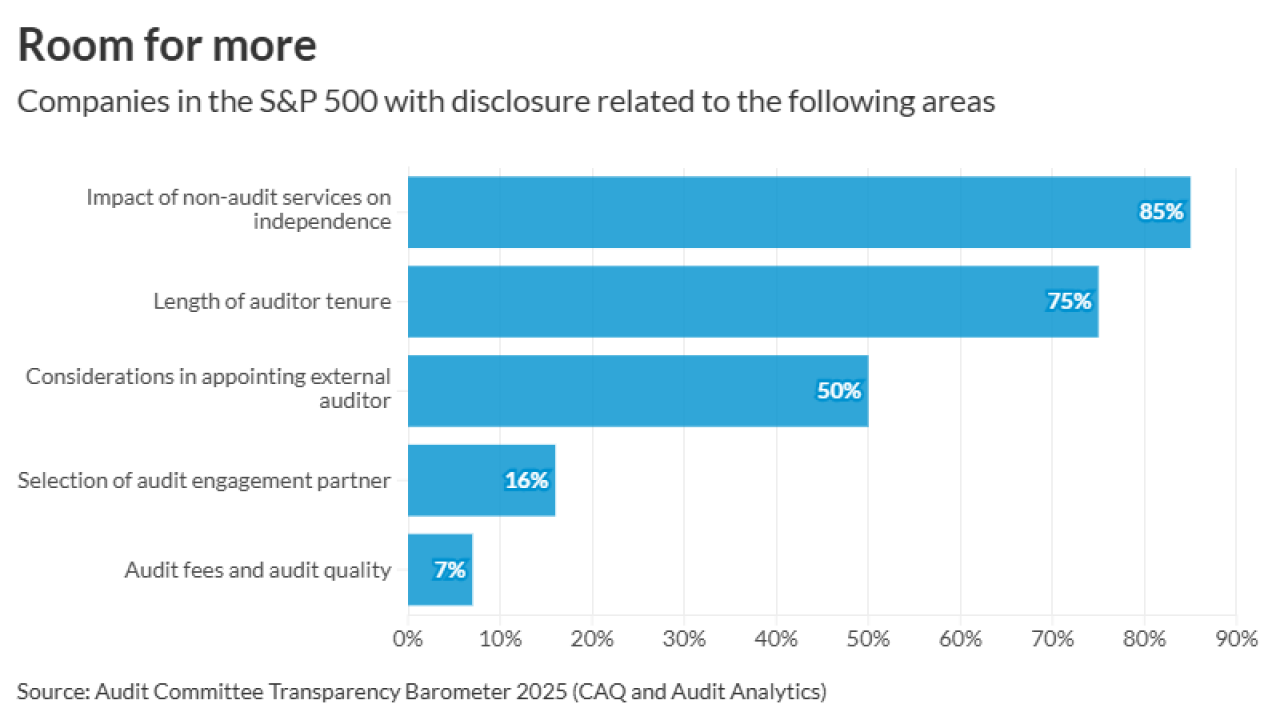Artificial intelligence catches lies on expense reports, small businesses make risky tech decisions, Microsoft forcing Office upgrades, and seven other things that happened in technology this past month and how they’ll impact your clients and your firm.

1. AI can now catch lies on your expense report
Why this is important for your firm and your clients: I bet if you or your clients have traveling employees, you sometimes wonder if all the expenses they’re charging are either legitimate or within your rules. Maybe you’ve got someone reviewing expense reports or maybe you just don’t have the resources to do that. AI-powered apps like AppZen will be able to automatically provide that oversight, potentially flag problems and save you and your clients money. The big guys are using this now, but soon we’ll have other similar apps available for small companies to leverage.
2. A survey reveals risky technology decision-making among small businesses
Why this is important for your firm and your clients: The results of this study should validate that other business owners are just as confused about technology as you are. About a third of these SMB leaders told Capterra that they are “solely responsible” for making their companies’ tech purchasing decisions – yet many are challenged to figure out the right kind of technology. My advice? Get help. Hire a consultant. Ask people in your industry. Read this column.

3. Intuit announces winner of the 2018 $100,000 Small Business App Showdown
Why this is important for your firm and your clients: I admit I didn’t even know this program from Intuit existed. But it’s a great idea, not only because it showcases great apps that increase with its popular small business products, but also gives big money to start-ups or tech firms that develop innovative ways to use QuickBooks better. If you’re a QuickBooks user then check out some of the other finalists … or maybe develop something next year?
4. Web.com partners to help small businesses at no cost
Why this is important for your firm and your clients: Want some free marketing help? Just call them and you’ll get a no-cost consultation on improving your online marketing and later a free report on how well that marketing is working. Nothing to lose. Everything to gain.

5. Microsoft now lets you log into Outlook, Skype, Xbox Live without a password
Why this is important for your firm and your clients: The hardware authentication keys plug into laptop USB ports or, for phones, use Bluetooth or NFC wireless communications to help prove who the user is. Many companies are adopting a hardware approach to authentication and it’s an approach you should be considering this year for both you and your employees.

6. Verizon looks to expand 5G home broadband offering
Why this is important for your firm and your clients: Verizon is expanding 5G commercially and for residential use – both affect your business because you’ve got people (I’m sure) working both from home and in the office. 5G connections will bring faster speeds, shorter data delays and faster data connections for you and your workers. It will enable web-based technologies, like Internet of Things devices, artificial intelligence, robotics and augmented reality tools to work faster and more seamlessly.
7. Microsoft's strategy: Force enterprises to buy every traditional Office upgrade
Why this is important for your firm and your clients: Here’s the bottom line: if you or your people are using an older, on-premise version of Office and you’ve been connecting to cloud-based features like OneDrive or Skype, then you’re probably not going to be able to do this in the very near future unless you upgrade to an Office 365 license. You better talk to Microsoft or your tech firm about your licensing options for 2019.

8. Find out if your old Apple devices qualify for repair
Why this is important for your firm and your clients: If I hear any complaint about Apple products, it’s almost always about cost. Yes, they’re great, but they’re expensive. That’s why this program seems like an excellent idea, particularly for small businesses on a budget. Squeezing a few more years of life out of a MacBook or iPhone may be way more cost-effective than replacing them.

9. Eight noteworthy new features coming to Chromebooks
Why this is important for your firm and your clients: I think this may be the year I try a Chromebook. My phone is a Samsung and my company is a user of Google apps. Sure, I travel and may need offline access to data that a Chromebook may not provide – but maybe it does. But given the cost and the amount of time I’m around high-speed connections, it seems like a more cost-effective device for a small business and its employees. Do you agree?
10. Small businesses reap the benefits of hiring a fractional CIO
Why this is important for your firm and your clients: I include this story because it’s important for small business owners to know that in 2018 it’s not about just having an “IT person” who fixes printers and resolves networking issues. Yes, that role is important too. But given all the changes in technology and the need to make strategic investments for the future, it’s a good idea to embrace this trend and consider using a higher-level, CIO-type consultant to help you make the right technology choices.
Note: Some of these stories also appeared on Forbes.com.





